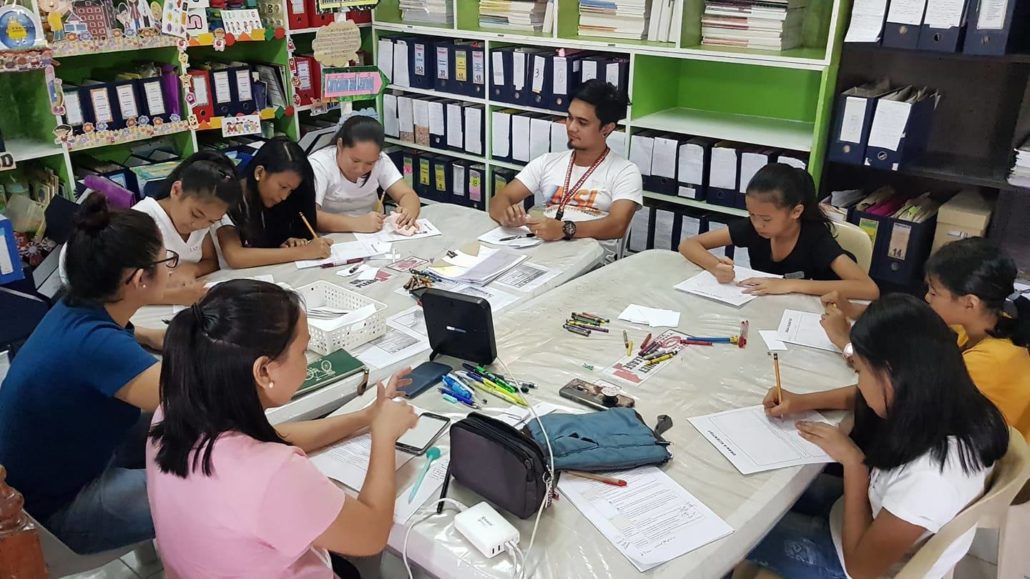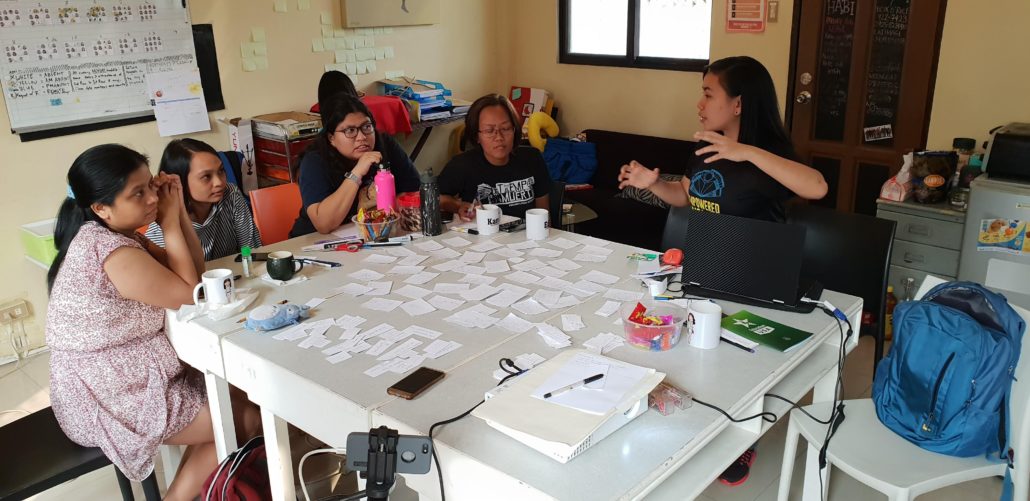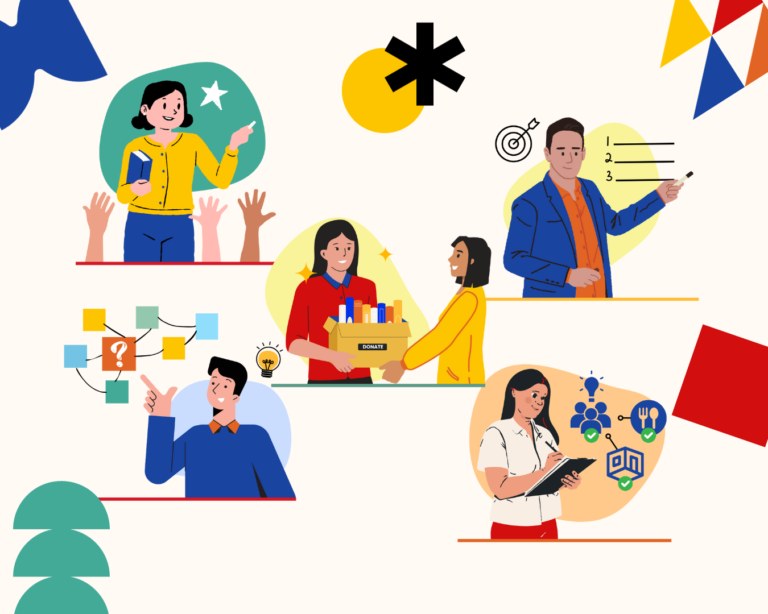STEMpower Our Girls is an experiential scientific literacy program designed for young girls to increase their aptitude and attitude towards science and math. It is a collaboration between Habi Education Lab and the Philippine Business for Education (PBEd). This LabNote is the first in a three-part series written by Chess Carlos.
When I was a child, I was fascinated by cars, planes, ships and trains. I was intrigued by energy and movement–how an engine so small could pack so much power. This fascination was evident in my preference in toys; I remember enjoying the experience of assembling and tinkering with my brother’s mini 4-wheel drive race car, looking for ways to make it run faster. However, I was discouraged by the environment I was in; I was prodded to drop the car and pick up a doll. Gradually, my interest in engineering waned until it reached a point that I developed an unfavorable disposition towards it.
Flash forward to the present, I was privileged to be part of a project called, “STEMPower Our Girls”, a 4-month long program aimed at encouraging young girls to consider pursuing STEM (Science, Technology, Engineering, and Math) in their studies, and eventually as a career. This project was conceptualized to show that STEM is for everyone, regardless of gender. With this in mind, Habi Education Lab took the challenge of crafting a workshop designed to increase the aptitude and attitude of young girls in STEM.
Designing the workshop
To design this workshop, Habi formed a Teacher Advisory Group (TAG), enlisting the help and expertise of STEM educators. The TAG members include Teacher Dawn Crisologo and Teacher Edlen Sanchez from the Philippine Science High School, Teacher Nanette Masanque and Teacher Eds Querubin from Raya School, and Teacher Sabs Ongkiko from Culiat Elementary School.
Throughout October 2018, the TAG and Habi dedicated their Saturdays to analyzing and understanding the challenges of STEM education in Philippine public schools.
After the the month-long design process, the project team was able to build a workshop organized into three parts: Handa (Workshop 1), Tuklas (Workshop 2), and Sulong (Workshop 3).
Prototyping the Workshop
After designing the workshop, the team scheduled prototyping sessions and Focus Group Discussions (FGD) with actual grade 6 students in order to test the concept and design of the workshop. The following themes were presented to the students: Adventure Camp (Outdoors and Travel), Secret Society (Detectives), Sister Squad (Superheroes), and Team Talas (STEM and creativity).
With prodding and encouragement, the students said:
Student A: Gusto ko po iyong Adventure Camp kasi parang maraming mapupuntahan. At saka gusto ko pong mag-explore at matuto ng bagong bagay.
Student B: Ako, mas gusto ko yung Secret Society kasi mukhang nakakapagod yung adventure camp. Sa Secret Society parang may si-nosolve na mystery. Ang brainy.
Student C: Bakit kailangang ‘secret’ pa? Ayaw ko nang may mga secrets. Kaya mas pipiliin ko yung Adventure Camp o kaya yung Sister Squad, kaso hindi ko gaanong kasundo yung ate ko.
Student D: Yung Team Talas di ko gets. Parang ang chaka ng pangalan…
With the students’ help, the theme “STEM Agents/STEMpower Squad” was developed, integrating the common points of interest expressed by the students towards the presented themes.
The Team’s assumptions towards the learners were validated during the prototyping sessions: Grade 6 students want STEM learning to be FUN, MEANINGFUL, and ENGAGING where they get to interact with other students, conduct experiments, and make connections between what they’re learning in the classroom and with what they’re doing in their everyday lives. Plus, we learned that the students were super fans of the Korean boyband BTS, which we used as a hack to getting and sustaining the interest of the students.

The team prototyping the workshop design with grade 6 students of San Roque Elementary School, Navotas City, Philippines.
Designing the STEMpower Workshop was a delightful experience! As a new Habi LXD, I was able to see how the Lab practiced the design thinking process, from analyzing the problem to testing a prototype.
Let’s talk about STEM and learning! What were your experiences in learning STEM? Did you experience something similar with the author? Why do you think there is this gender gap in STEM education?



